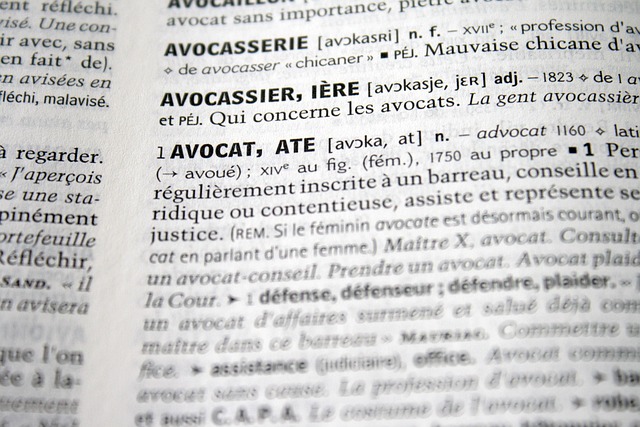The legal aspects of single parent surrogacy are vital for protecting all parties' rights and ensuring the legitimacy of family formations. As a growing alternative, it caters to diverse demographics seeking non-traditional family building methods, addressing challenges like infertility or societal norms. Global recognition and specific laws govern these arrangements, offering transparency and consent protections through detailed contracts. Prospective parents must navigate complex legal territories, consulting experts to comply with local and international regulations regarding parental rights, child custody, and cross-jurisdiction agreement recognition. Staying informed is crucial for a supportive and secure surrogacy experience.
“Solo parent surrogacy is a powerful path that challenges societal norms and traditional family structures. This compelling journey, though often misunderstood, has gained prominence in recent years. Our article aims to unravel the complexities of this process by examining its fundamental aspects. We’ll delve into the definition and appeal of solo parent surrogacy, navigate the intricate legal landscape, and explore strategies to combat the stigma surrounding it. By understanding these dynamics, we can foster a more inclusive society that supports diverse family choices, particularly in the context of legal aspects of single parent surrogacy.”
Understanding Solo Parent Surrogacy: Debunking the Basics
Solo parent surrogacy is a complex and often misunderstood arrangement, especially in societies with traditional family norms. It involves a single individual—usually a woman—who carries a child on behalf of another person or couple who are unable to conceive. This process navigates uncharted legal waters, as it challenges societal perceptions and conventional family structures.
The legal aspects of single parent surrogacy vary across jurisdictions, but at its core, it requires careful consideration of the rights and responsibilities of all parties involved. It’s a process that demands transparency, informed consent, and robust legal frameworks to ensure the well-being of the surrogate, the intended parents, and the child born from this arrangement. By understanding these fundamentals, we can begin to dispel myths and create a more inclusive perspective on family formation through surrogacy.
– Defining solo parent surrogacy
Solo parent surrogacy refers to a unique arrangement where an individual, typically a woman or a same-sex couple, becomes pregnant through artificial means with their own genetic material or that of another donor, and raises the child as a single parent. This alternative family building process has gained attention, especially within the LGBTQ+ community and for couples facing fertility challenges. It offers a solution to parental desires when traditional methods are not feasible.
The legal aspects of single parent surrogacy vary globally and play a pivotal role in its acceptance and accessibility. Many countries have enacted legislation recognizing and protecting the rights of solo parents through surrogacy, ensuring legal clarity and support for these families. Understanding these legal frameworks is essential for prospective parents to navigate the process securely, especially regarding parental rights, custody, and the child’s legitimacy.
– Who opts for this path?
In today’s diverse family landscape, solo parent surrogacy is a path chosen by individuals who desire to build their families despite societal norms and perceptions. This often includes single parents who, for various reasons, opt for surrogacy as a means to welcome a child into their lives. It’s crucial to understand that these decision-makers span across different demographics, from young professionals to older individuals seeking to experience parenthood later in life. The legal aspects of single parent surrogacy play a pivotal role in facilitating this process, ensuring the rights and well-being of all parties involved.
The appeal lies in the flexibility it offers; whether through an arrangement with a surrogate mother or utilizing assisted reproductive technologies, solo parents can navigate the complexities of infertility or their unique personal circumstances. This alternative approach to family creation is gaining recognition as people become more open to diverse family structures, challenging societal expectations, and embracing the joy of parenthood on their terms.
The Legal Landscape: Navigating the Legal Aspects
The legal landscape surrounding solo parent surrogacy is a complex and evolving field, with varying regulations across different jurisdictions. Understanding these legal aspects is crucial for individuals considering this path to parenthood. Many countries have specific laws and guidelines that govern surrogacy agreements, ensuring transparency, consent, and the rights of all parties involved. These legal frameworks often require comprehensive contracts outlining the responsibilities of the intended parent, surrogate mother, and any associated medical professionals or agencies.
Navigating these legal aspects involves meticulous research and consultation with experts to ensure compliance. The process can be intricate, addressing issues such as parental rights, child custody, and the recognition of surrogacy arrangements in different states or countries. As society continues to evolve, so do legal protections, making it essential for would-be parents to stay informed about their rights and responsibilities in the context of solo parent surrogacy.
Solo parent surrogacy, despite societal perceptions, offers a viable path to parenthood for many. By understanding the process and navigating the legal landscape, individuals can break down barriers and embrace this alternative family-building method. Embracing these diverse family structures promotes inclusivity and ensures that those who desire parenthood have access to safe and legal options. Recognizing the rights and choices of single parents through informed discussions and supportive policies is essential in creating a more accepting society.
